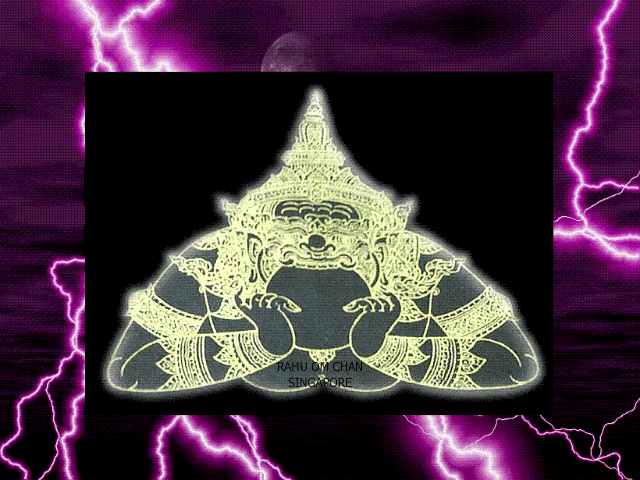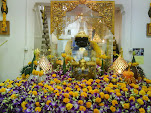Buddhism rituals and practices comprise of very intricate and detailed prayers. Prayer or Puja in Buddhism is mainly a way of expressing dedication towards God and making offerings to Him. Meditation also forms a part of the rituals & practices in Buddhism.
Following of the rituals moves a person forward, on the path to enlightenment. The prayers are initiated with the evoking of a sangha. After the Sangha has been evoked, sadhaka or dharma student performs three prostrations, also known as three gates or three aggregates.
They consist of the body, the speech and the mind. They also indicate that the student has acknowledged the three bodies of Buddha, namely the Dharmakaya, the Smbhogakaya and the Nirmanakaya.
In the prostrations, five parts of the body touch the ground. These five body parts include the two palms, the two knees and the forehead, signifying the five elements of earth, water, fire, air and space. The other interpretations of the protestations symbolize the five wisdoms emanating from the five Buddha families and the five Buddha energies.
As a student performs these protestations, he surrenders himself to the Buddhas of past, present, and future and ten directions. The folded hands also connote a deeper meaning as a part of the Buddhist rituals. The touching of the ten fingers with each other symbolizes the ten directions. The right hand represents the male, active, yang energy, while the left hand represents the female, receptive, yin energy. When both of them join, they epitomize the Buddha's enlightening activity of upayakaushalya.
A number of other rituals also, follow these offerings to the deities and the three Jewels. These rituals include Bodhisattva vows, the 100-syllable Vajrasattva mantra, mandala offerings and the seven-line prayer of Guru Rinpoche and mon-lam prayers. After these rituals have been performed, the student practices meditation on shunyata or emptiness. The prayers come to an end with a ritual in which people express joy over the good deed and merit of others. They also request Buddha to teach them and not enter in parinirvana.
Thursday, 2 July 2009
Subscribe to:
Post Comments (Atom)


No comments:
Post a Comment